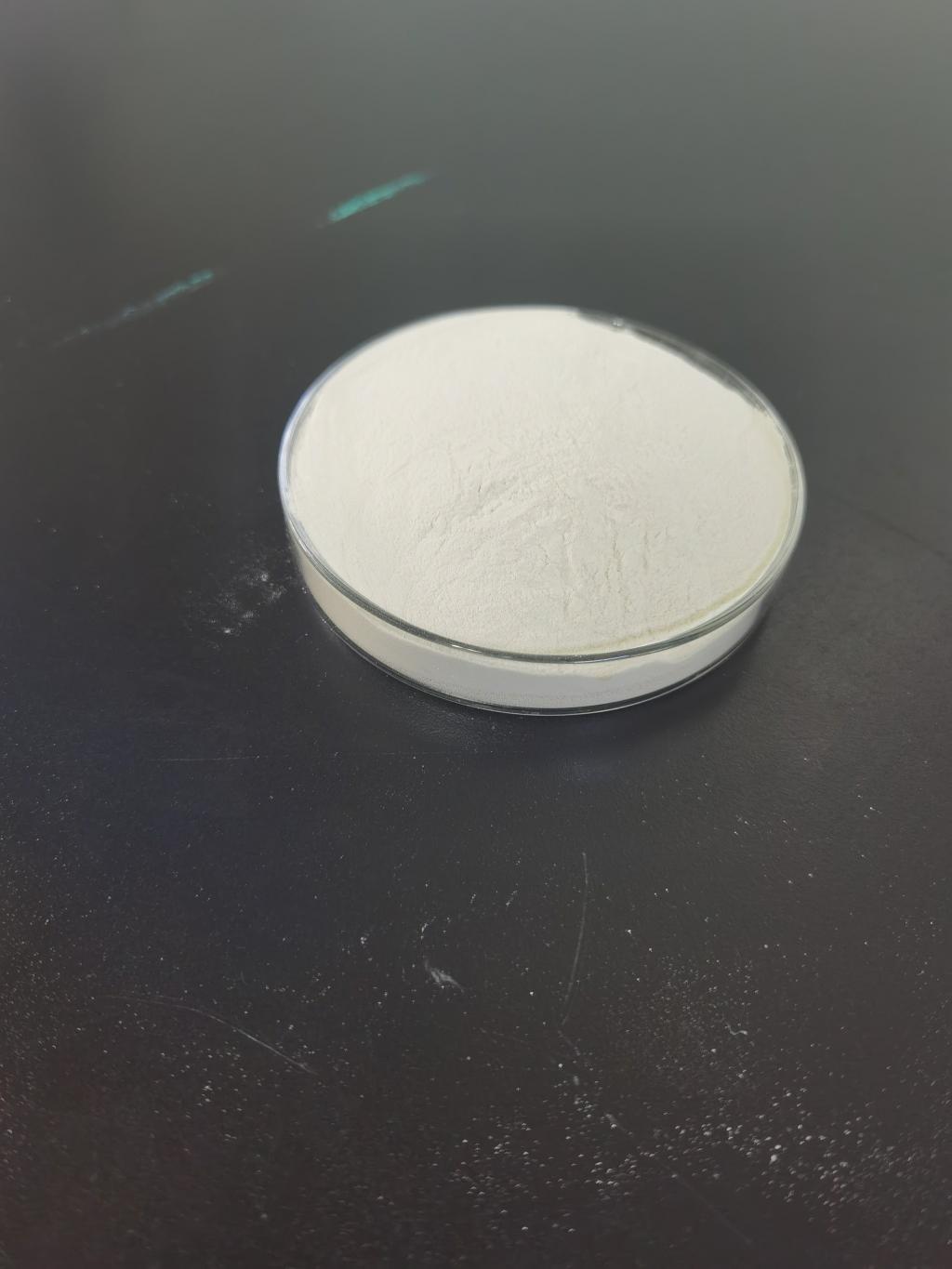Tel:+8618231198596

News
 CONTACT
CONTACT
 CONTACT
CONTACT
- Linkman:Linda Yao
- Tel: +8618231198596
- Email:linda.yao@dcpharma.cn
- Linkman:CHARLES.WANG
- Department:Overseas
- Tel: 0086 0311-85537378 0086 0311-85539701
News
Current Position:
Home >
News
>What are the current trends and developments in Nisin research and its applications?
What are the current trends and developments in Nisin research and its applications?
TIME:2023-05-26
Enhanced Understanding of Nisin's Mode of Action:
Researchers have made significant strides in understanding the mode of action of nisin, unraveling its complex interactions with bacterial cell membranes. Studies have revealed that nisin disrupts the cell wall synthesis and integrity of target bacteria, leading to cell death. This knowledge has paved the way for optimizing nisin's antimicrobial efficacy, such as through the development of modified forms and combination therapies.
Development of Modified Nisin Variants:
To improve nisin's stability, solubility, and antimicrobial potency, researchers have developed modified variants through chemical modifications, genetic engineering, or combination with other molecules. These modified nisin derivatives show enhanced activity against a wider range of pathogens, including antibiotic-resistant strains. Additionally, modified nisin variants have been engineered to target specific pathogens selectively, minimizing the impact on beneficial bacteria.
Synergistic Combinations and Nisin-Based Therapies:
Nisin's antimicrobial activity can be enhanced by combining it with other antimicrobial agents or technologies. Researchers have explored synergistic combinations of nisin with essential oils, organic acids, bacteriocins, and nanoparticles, among others. These combinations have demonstrated improved antimicrobial effects and may reduce the likelihood of resistance development. Furthermore, the potential of nisin-based therapies, such as nisin-loaded nanoparticles or films, is being explored for targeted and sustained antimicrobial delivery.
Application in Food Preservation:
Nisin has long been used as a natural preservative in the food industry, primarily for inhibiting the growth of Gram-positive bacteria, including Listeria monocytogenes. Ongoing research aims to expand its applications to other foodborne pathogens and spoilage organisms. The development of nisin-coated films, packaging materials, and edible coatings offers a promising avenue for extending the shelf life of various food products.
Nisin in Pharmaceutical and Medical Applications:
Beyond the food industry, nisin shows potential in pharmaceutical and medical applications. Studies have highlighted its efficacy against various pathogens implicated in infections, including Staphylococcus aureus, Streptococcus mutans, and Mycobacterium tuberculosis. Nisin's antimicrobial properties have also been explored in wound dressings, dental products, and as a coating for medical devices to prevent biofilm formation.
Nisin as a Natural Alternative to Antibiotics:
With the rise of antibiotic resistance, there is a growing need for alternative antimicrobial agents. Nisin, as a natural peptide, has attracted attention as a potential alternative to antibiotics. Its efficacy against multidrug-resistant pathogens, coupled with its generally recognized as safe (GRAS) status, makes it an attractive candidate for use in animal feed, veterinary medicine, and human therapeutics.
Exploring Nisin's Immunomodulatory Effects:
Emerging research suggests that nisin may possess immunomodulatory properties. Studies have shown that nisin can stimulate immune responses, including the modulation of cytokines, activation of immune cells, and promotion of wound healing. These findings open up new avenues for research into nisin's potential as an immunotherapeutic agent.
Conclusion:
Nisin continues to be an exciting area of research with promising applications across various industries. The enhanced understanding of its mode of action, development of modified variants, synergistic combinations, and exploration of its immunomodulatory effects are driving the expansion of its applications. As the global focus on natural and sustainable solutions intensifies, nisin's role as an antimicrobial agent and its potential as an alternative to antibiotics make it a subject of significant interest. Continued research and development efforts are likely to unveil even more potential applications for nisin in the future.
- Tel:+8618231198596
- Whatsapp:18231198596
- Chat With Skype







